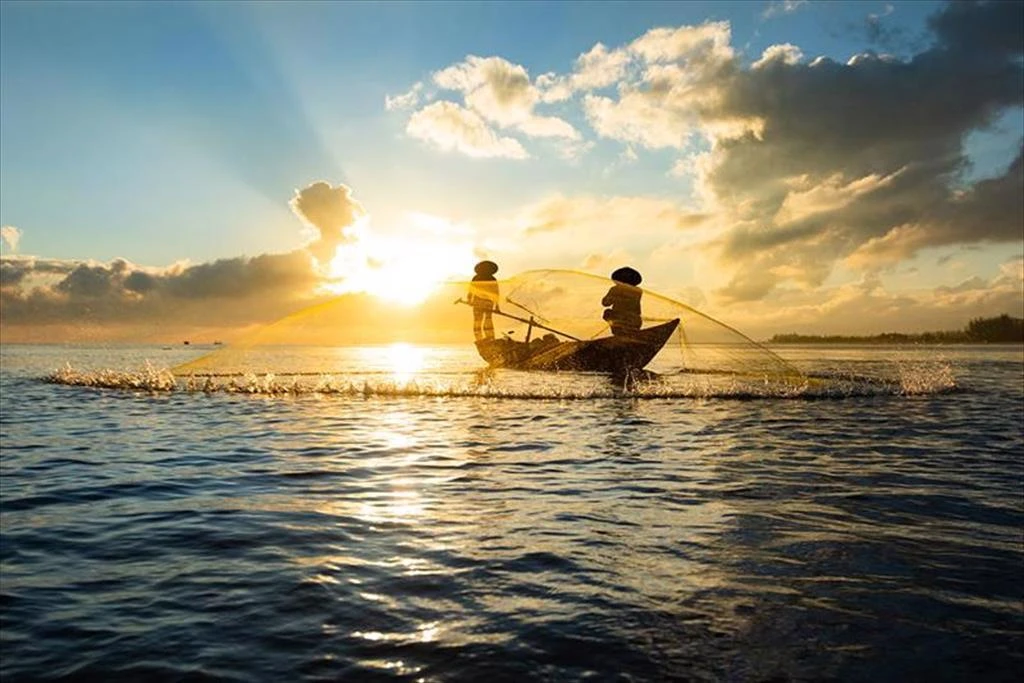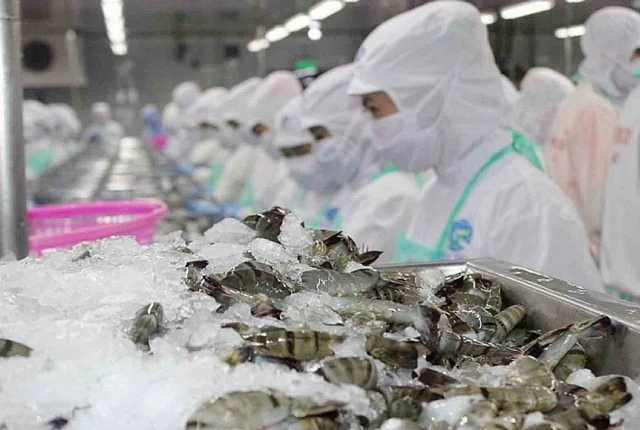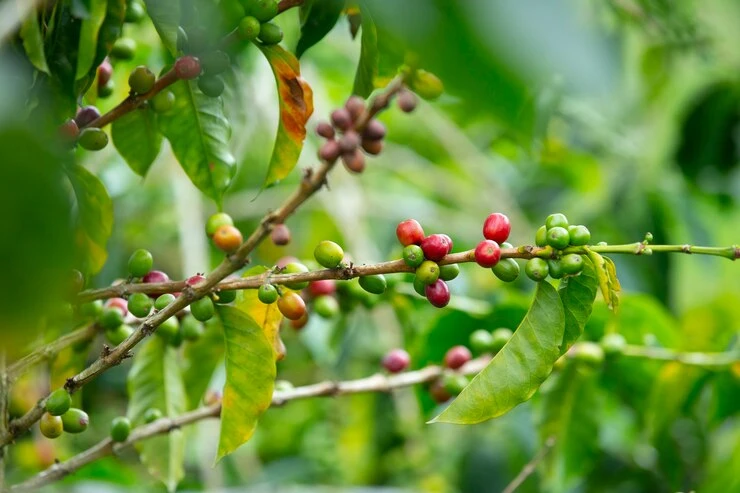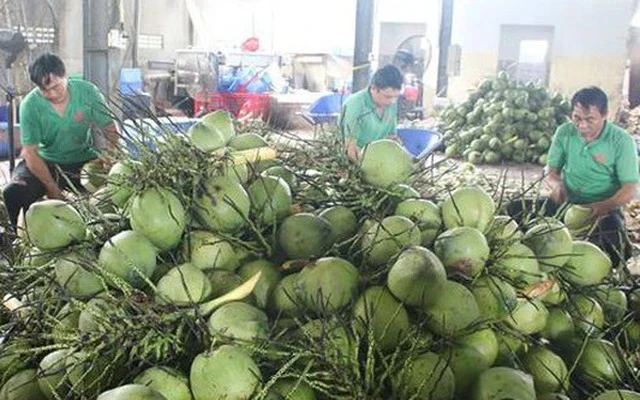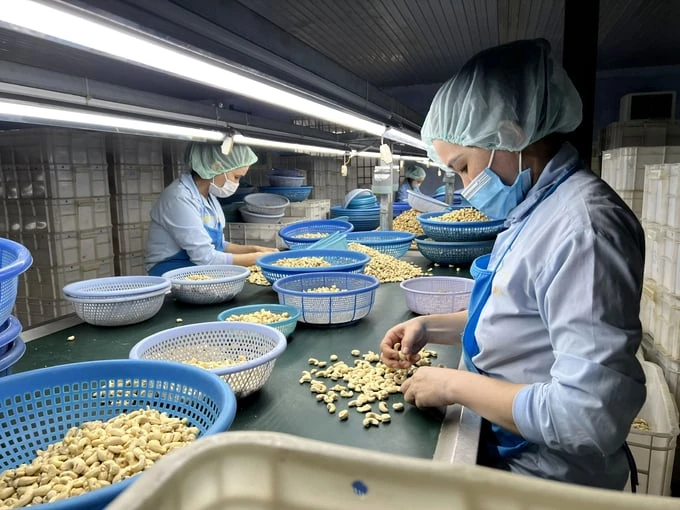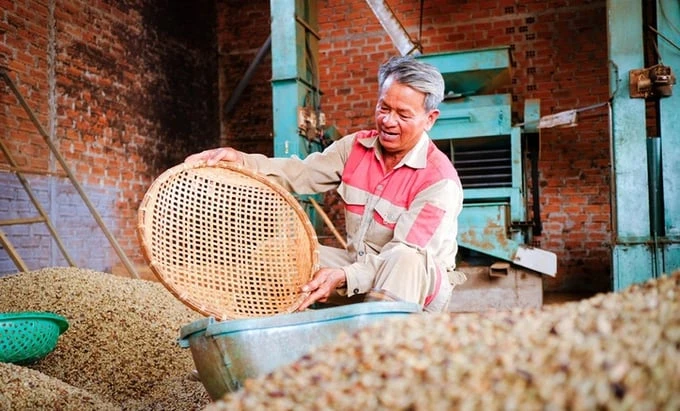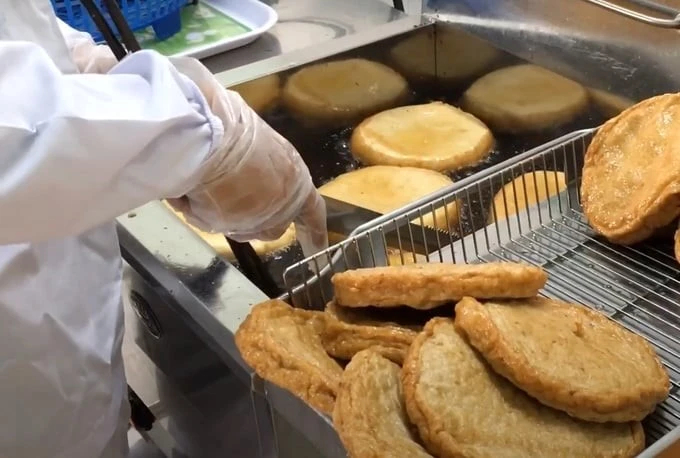
By Vietnam Expo On 09-07-2024 at 6:10 am
Big obstacles to the fish cake and surimi industry
Although considered a group of potential aquatic products for export, the fish cake and surimi industry is facing many obstacles to development.
According to the Vietnam Association of Seafood Exporters and Producers (VASEP), in the first 5 months of this year, while exports of many aquatic products grew, exports of fish cake and surimi (pureed fish meat used to make many seafood-derived products) decreased. In the first 5 months of 2024, fish cake and surimi exports reached just over USD 106 million, down 15% over the same period last year.
Exports of fish cake and surimi decreased in the most important markets, such as South Korea (down 10%), Thailand (down 7%), China - Hong Kong (down 14%), Japan (down 27%), etc.
If the situation does not improve in the second half of the year, fish cake and surimi exports throughout this year will continue the decline of the past two years. After reaching a record export turnover of USD 420 million in 2021, exports of fish cake and surimi decreased slightly in 2022 to USD 415 million. In 2023, exports continued to decrease, reaching only USD 310 million.
The decline in fish cake and surimi exports is primarily because import demand decreases globally while output increases, especially with an increase in the supply of cold water surimi from Russia, the US, etc. High inventory on the market is also causing a decrease in import demand in many markets. These factors cause the export price of surimi to decrease significantly.
Mr. Ngo Minh Phuong, CEO of Viet Truong Co., Ltd. (Hai Phong), said that Vietnam's surimi exports have decreased due to difficulty in obtaining certificates of origin when exporting to the EU market or selling to Thai or Indonesian customers who want to buy surimi to process seafood products for export to the EU.
Although import demand is decreasing, consumption of fish cake and surimi is still on an upward trend in the world market. According to Mr. Truong Dinh Hoe, General Secretary of VASEP, by 2022, the global surimi market scale was USD 3.78 billion. It is forecast that in the 2023–2030 period, the compound growth rate of the global surimi market will be 6.1%/year. In recent years, Vietnam's fish cake and surimi exports have reached USD 300–420 million/year, accounting for 4–5% of total seafood export turnover.
The increase in demand for surimi globally is primarily due to the impact of the COVID-19 pandemic, which has led consumers to enhance their hoarding of products with a longer shelf life. Fish cake and surimi are chosen by many consumers because they are easy to prepare, convenient, easy to preserve, and reasonably priced.
Besides, consumers are increasingly aware of the benefits of surimi, such as its high protein content, low fat content, etc. Therefore, surimi is widely used in processed foods. Surimi is a popular raw material used in restaurants and food services. It is used in many seafood dishes, such as sushi, seafood salad and soup, etc., and is often cheaper than fresh seafood.
Additionally, surimi by-products, such as fishmeal, are often used as protein sources in animal feed and aquaculture. Surimi by-products are a cost-effective alternative to other protein sources, and they also bring several nutritional benefits.
Mr. Ngo Minh Phuong said that Vietnam's surimi industry is bringing many values, such as creating jobs for an average of 200–300 workers/factory with a total of 8,000–12,000 workers/40 factories. This industry helps increase the value of raw materials for fishermen because surimi production can use types of small trash fish, helping people consume them at a price 40–50% higher than using them for other purposes, such as making aquatic and livestock feed.
The source of raw materials for surimi production mainly comes from small trash fish species (threadfin bream, purple-spotted bigeye, goatfish, seabream, flying fish, pangasius scraps, etc.), which are common and suitable raw materials for Vietnamese fisheries.
Although there is potential for development, the fish cake and surimi industry is facing many difficulties and challenges. According to Mr. Ngo Minh Phuong, first of all, there is a lack of the State's macro planning, leading to an imbalance between aquatic resources and the number of factories licensed to operate.
Current reality shows that the source of input raw materials for producing fish cake and surimi is limited and is increasingly decreasing. Old factories lack raw materials for production, but new factories still spring up. This leads to a scramble for raw materials for production, pushing up raw material prices, which leads to an increase in product costs, causing many businesses to lose money.
The shortage of seasonal fisheries management, especially during the breeding season, is also leading to the risk of depletion of many aquatic subjects, including small trash fish species used as raw materials for fish cake and surimi production. Currently, many countries in the region and around the world have controlled exploitation, even banning ships from going out to sea to exploit during fish's breeding times, such as China, South Korea, Japan, etc.
A big difficulty for surimi production businesses today is that they are struggling to find wastewater treatment solutions from domestic or foreign environmental consulting companies but have not found the optimal solution. To thoroughly solve this problem, businesses are looking for support from non-governmental organizations or organizations with green production development projects, technology, finance, etc.

Author
Vietnam Expo
Related posts
